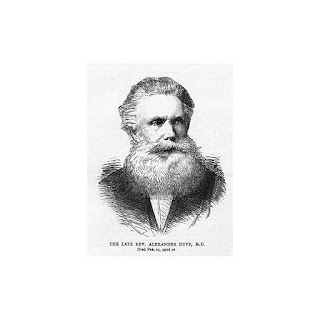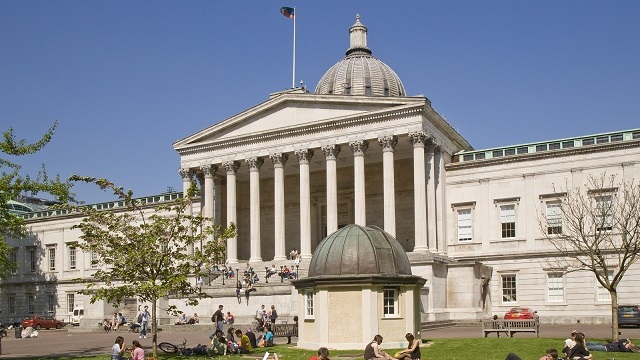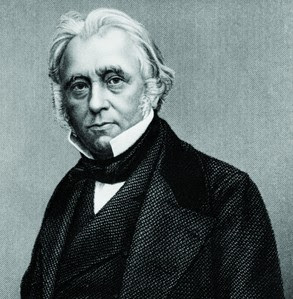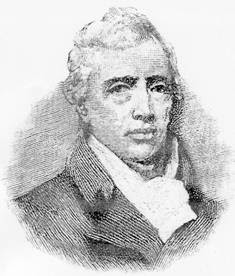Getting back to Gandhi

Gandhi is this incredible historical figure who is inspiring and absurd at the same time. He is a towering Jesus-like figure, who lives on in the street names and statues in his native India and memes on the Internet, exhorting us to be the change we want to see in the world. But he is also this absurd, saintly and irrelevant figure, distant from everyday realities and offering no concrete possibilities of confronting our disappointments. We have learnt to live with Gandhi the saint, who has an alluring other-worldly appeal and absolutely nothing to do with modern political life. This is perhaps what it ought to be. Though Gandhi was very much a practical political man leading a mass movement, the nation he helped to create deified him. His legacy was cast aside as spiritual and moral rather than practical and political; he was celebrated as the Father of the nation, one who exited conveniently early in the life of the Republic. He was designated to be treated, m...









